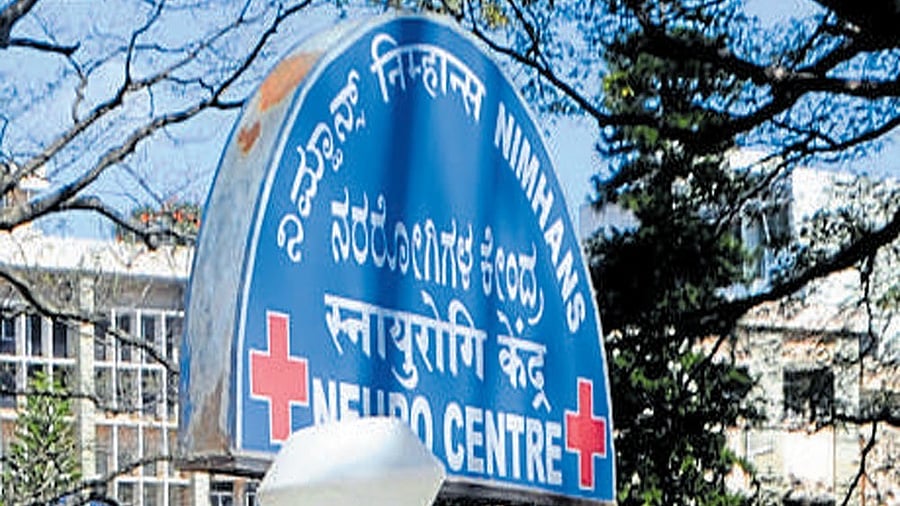
Nimhans
Credit: DH Photo
Bengaluru: A study led by the National Institute of Mental Health and Neuro Sciences (Nimhans), Bengaluru, along with other national and international institutes, has identified a specific panel of DNA methylation signatures that could help predict the onset of postpartum depression (PPD) in pregnant women.
Conducted as an epigenome-wide association study (EWAS), the research reveals a strong correlation between certain epigenetic changes and the likelihood of developing depressive symptoms during and after pregnancy.
The study recruited 201 pregnant women in their 10th week of gestation, all of whom had no previous psychiatric history or family history of mental illness. These participants were clinically assessed to ensure they were free of any depressive symptoms at the start of the study.
As Prof Kuppan Gokulakrishnan, corresponding author of the study, explained, “We ruled out whether they had any psychiatric illness before pregnancy, and there was no family history. We are saying they are clinically normal.”
However, as the pregnancy progressed, 92 women began exhibiting depressive symptoms by the second trimester (24–28 weeks). Using DNA methylation profiling, the researchers identified seven specific sites — four hypermethylated (higher) and three hypomethylated (lower) — that were significantly associated with the development of antenatal depression.
The real breakthrough came in the longitudinal follow-up.
The team tracked the women through delivery and for one year postpartum. “We found that this panel of seven markers can identify the development of postpartum depression with 83% accuracy,” said Gokulakrishnan. This high predictive value opens up possibilities for early interventions and targeted mental health support.
The implications of the study are far-reaching. With no current method to identify women at high risk of PPD before symptoms appear, this research provides a biological basis for future screening tools.
Gokulakrishnan emphasised the potential: “We can develop cognitive or biological intervention therapies so that we can prevent or delay the development of postpartum depression.”
Importantly, the research underscores the need to handle predictive information with sensitivity. “We should not panic them — "Hey, you may develop depression" — that will worsen the case. Instead, we need to build psychological resilience,” he added.
The study was conducted in collaboration with the Madras Diabetes Research Foundation (MDRF), Seethapathy Clinic and Hospital in Chennai, the University of Warwick in the UK, AIIMS (New Delhi), and other international institutes.